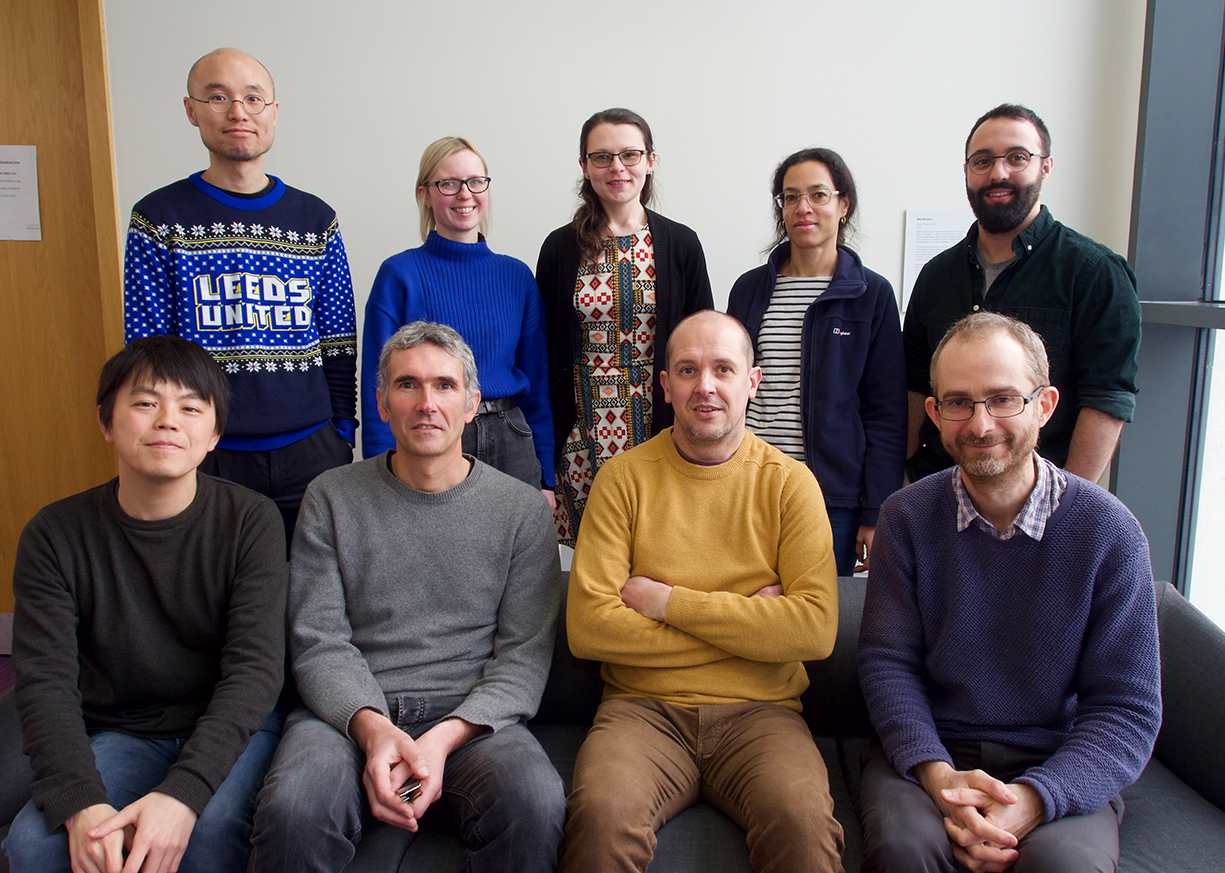All life on Earth depends on cells copying their chromosomes with exquisite fidelity, to preserve the integrity of the genetic blueprint that is encoded in DNA. Chromosome duplication is especially challenging in species with large genomes such as humans, where each cell has to copy around six billion base pairs of DNA, before the sister chromatids are segregated to opposite poles of the cell during mitosis. We study how cells achieve this amazing feat, by regulating the assembly and disassembly of the replication machinery, protecting the replication machinery at sites of DNA damage, and rapidly processing sites of incomplete replication during mitosis to facilitate successful chromosome segregation.
Although the replication machinery has been very highly conserved during eukaryotic evolution, important differences of regulation have also emerged, and our lab focusses on mechanisms that are specific to animal cells. We take a multi-disciplinary approach to studying such mechanisms, ranging from reconstituted biochemistry and structural approaches, to in vivo approaches in the early embryo of the nematode Caenorhabditis elegans, combined with studies in mammalian cells. The remarkable efficiency of genome maintenance breaks down in human cancer and tumour cells are often riddled with mutations and structural rearrangements of their chromosomal DNA. A deeper understanding of the intimate links between chromosome duplication and genome integrity is likely to inspire new approaches to cancer treatment in the future.”



